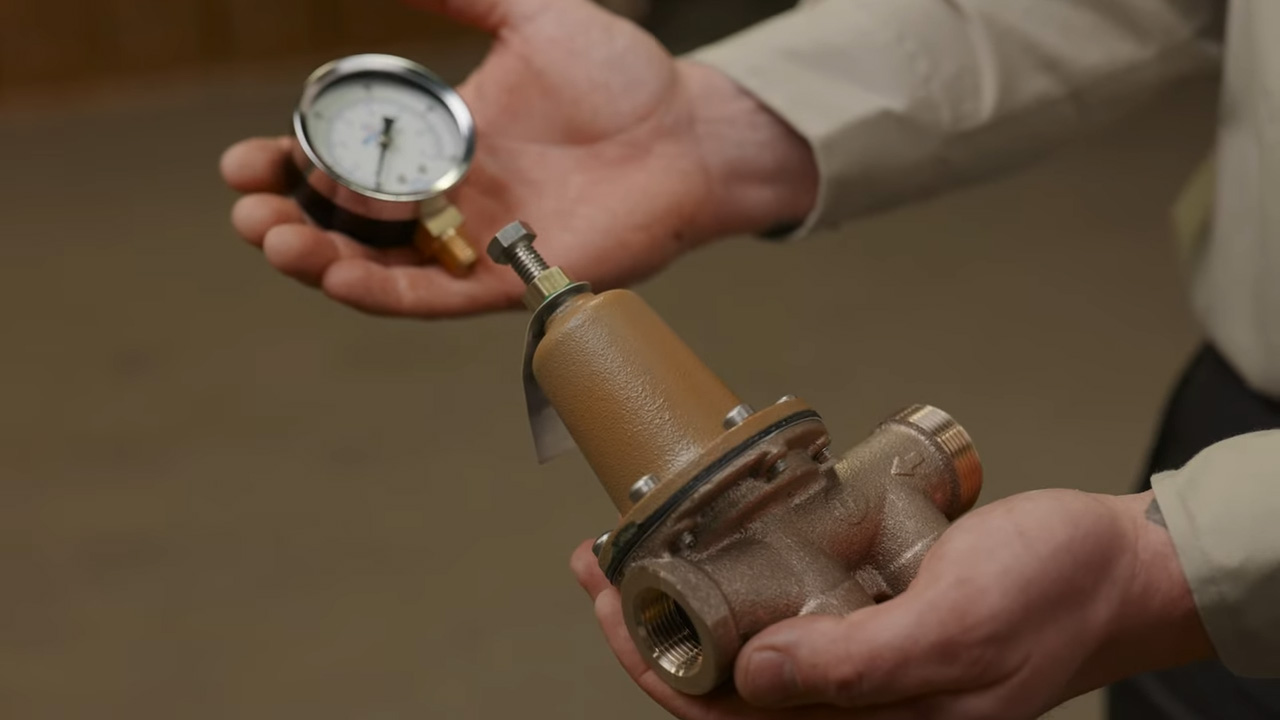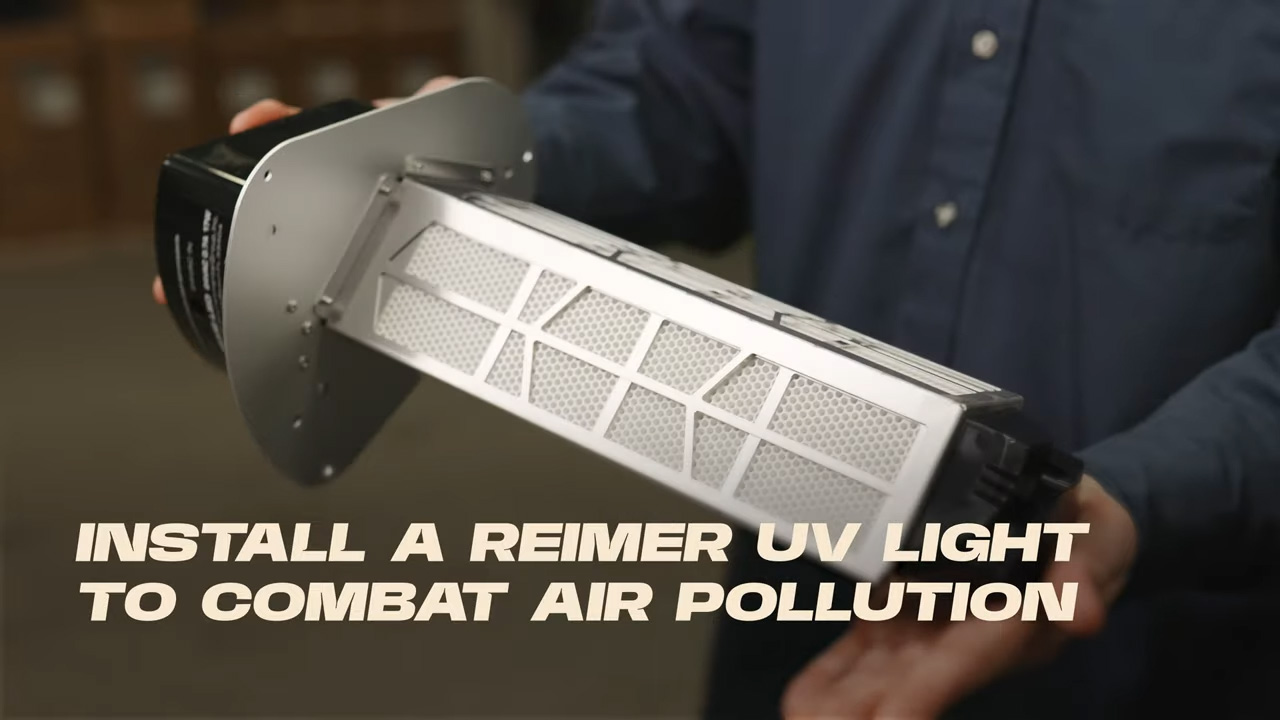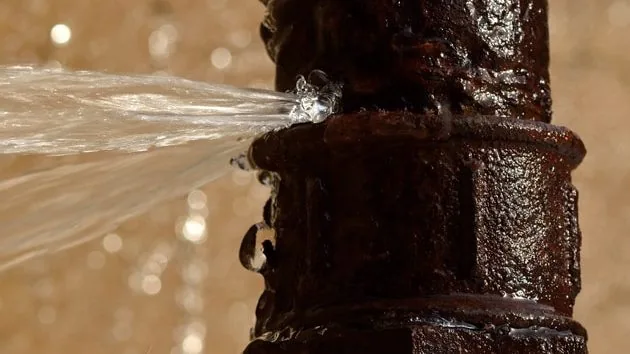With autumn upon us, you may be wondering how fall impacts IAQ. Bad indoor air quality can be an issue in any season, but it can affect you even more seriously during the fall season.
Fall is officially here. As the days start to get cooler, nights grow longer, and leaves begin to fall, one thing you may not be thinking about is your Buffalo home’s indoor air quality. Should you? Is indoor air quality better or worse in the fall?
What is Indoor Air Quality and Why Does it Matter?
Indoor air quality refers to the air quality within and around buildings and structures, especially as it relates to the health and comfort of building occupants (EPA). Poor indoor air quality has been linked to continued sickness, reduced productivity, and impaired learning and thought processes. There can be short-term and long-term effects. Immediate effects typically are similar to those of colds and other viral infections, while some long-term effects may include respiratory diseases, heart disease, cancer, and more.
The U.S. Environmental Protection Agency rates poor indoor air quality as an area of major concern, noting that common contaminants, endlessly redistributed, can contribute to allergy symptoms and sickness. Indoor air quality (IAQ) is a big deal because people spend approximately 90% of their time indoors, so the air they are breathing inside will directly impact their health and wellbeing. Poor IAQ can aggravate allergies, lead to your family getting sick, or just make it flat-out harder to breathe.
Is Indoor Air Quality Better or Worse in the Fall?
With autumn upon us, you may be wondering how fall impacts IAQ. Bad indoor air quality can be an issue in any season, but it can affect you even more seriously during the fall season. Why?
Limited Airflow: Believe it or not, more people tend to have their windows open from time to time in the summer than in the fall months, because with autumn comes more chilly and often wet days restricting the ability for you to let fresh air inside. With less natural ventilation, indoor air particles and germs have fewer circulation paths, meaning they can be trapped inside, which can directly impact your home’s indoor air quality. When the weather allows for it, you should open your windows at least once a day to circulate your air.
Allergies: As we have reviewed before, indoor air quality directly impacts home allergens, and during the fall season, there are multiple major allergens that are prevalent: ragweed, mold and mildew, dust mites, pet dander, and more. Think of the smell of wet leaves, it’s distinct, and that’s usually because they have mold and mildew growing on them. Mold thrives in wet climates and fall foliage holds in the moisture, contributing to more mold growth. These mold spores can come inside your home on a bottom of a shoe, on someone’s jacket, etc. Also, the fall temperatures provide the perfect climate for allowing dust mites to thrive. Ragweed is also blooming in the fall until the first frost, and with the changing temperatures and weather patterns, animals are indoors more, leading to an increase in pet dander.
Humidity Changes: As summer fades into fall, humidity changes are extremely common. Cool air is much drier than the damp warm air we become accustomed to during the summer months. The Environmental Protection Agency (EPA) recommends that you keep the humidity in your home between 30 and 50%. In the late fall and winter months, if you don’t do anything to raise your home’s humidity, this level typically drops below 30%. Dry air impacts indoor air quality and can create negative health effects for you and your family. Respiratory issues, sore throat, dry skin, higher stress levels, and risk of illness are all more common when indoor humidity levels are low.
Cold and Flu Season: There is a reason that cold and flu season is known as starting in the fall, and that’s because the more we are inside, the more likely airborne illnesses are to spread. As noted above, the dry indoor air increases the risk of illness and being indoors and recirculating that air can allow the germs to spread throughout the entire household.
Is indoor air quality better or worse in the fall? Ultimately, IAQ is a problem all year round and each season comes with its own list of things that can contribute to bad IAQ. To improve your home’s indoor air quality, open windows when you can, regularly dust and vacuum, keep leaves and other fall debris outdoors, try to prevent damp mold producing areas in your home, control pet dander, and change your air filter regularly.
We care about the air you and your family breathe. At Reimer Home Services, we can help you improve your indoor air quality using air filters and air scrubbers. To get started, contact us today.





